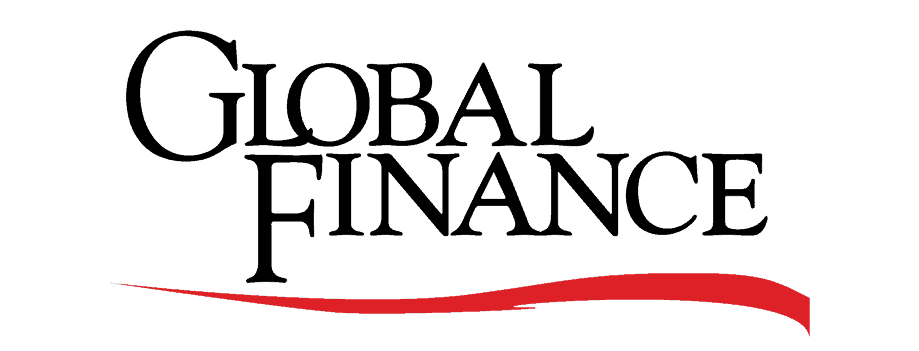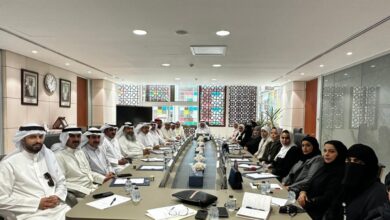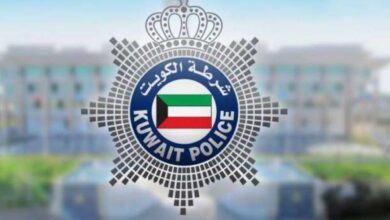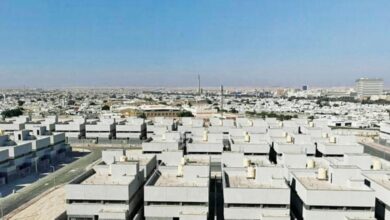Three Kuwaiti banks rank among ten safest Islamic banks in Gulf

• Sukuk issuances in the GCC countries surged by 138 percent year-on-year, reaching $69 billion through June, with Saudi Arabia accounting for 37 percent of the total issuances.
Three Kuwaiti banks have been ranked among the Gulf’s safest Sharia-compliant banks by Global Finance magazine this year. According to Al Rai newspaper, the recognized banks include Boubyan Bank, Kuwait Finance House (KFH), and Warba Bank.
Global Finance reported in its latest report that Islamic banks based in the GCC countries continue to grow by entering new industries and forming strategic partnerships. This resolute approach has yielded tangible results, reflected in years of double-digit growth. Expectations remain optimistic.

Moody’s rating agency expects Gulf banks to achieve strong profitability over the next 12 to 18 months, supported by robust economic growth in the GCC countries, strong business activity, and government initiatives that enable Islamic finance to play a more significant role in diversifying the region’s economies.
This growth will be further boosted by investments in new asset classes. While Islamic banks are required to support each transaction with a tangible asset, real estate has historically formed a significant portion of their assets. However, the sector is expanding its scope to include telecommunications assets, aviation, and sustainability projects.
This expansion supports the strong issuance of financial instruments. According to Moody’s, sukuk issuances in the GCC countries surged by 138 percent year-on-year to $69 billion through June, with Saudi Arabia accounting for 37 percent of total issuances.
Islamic banks in the Gulf are looking to capitalize on this momentum through strategic partnerships. With the recent launch of the ADIB Venture initiative, ADIB aims to accelerate digital transformation by collaborating with technology companies to build its own financial technology ecosystem.
The bank expects this initiative to help it leverage artificial intelligence and other advanced technologies to identify and launch new Islamic banking solutions. In June, ADIB signed a strategic collaboration agreement with the DIFC’s Innovation Centre, the largest financial technology accelerator in the Middle East, which also serves clients in Africa and South Asia.
This year’s Global Finance rating of the safest Islamic banks once again reveals some notable changes. In March, Fitch raised Qatar’s sovereign debt rating and later boosted the ratings of three Qatar-based banks. Thanks to these upgrades, Qatar Islamic Bank rose to second place in the magazine’s rankings from fifth, Dukhan Bank advanced two places to sixth, and Qatar International Islamic Bank climbed two spots to seventh.
For its part, Al Ahli United Bank was removed from the magazine’s classification due to its acquisition of Kuwait Finance House, which led to the establishment of the second-largest Islamic bank after Saudi Al Rajhi Bank. This acquisition allowed Warba Bank to enter the classification in tenth place.














